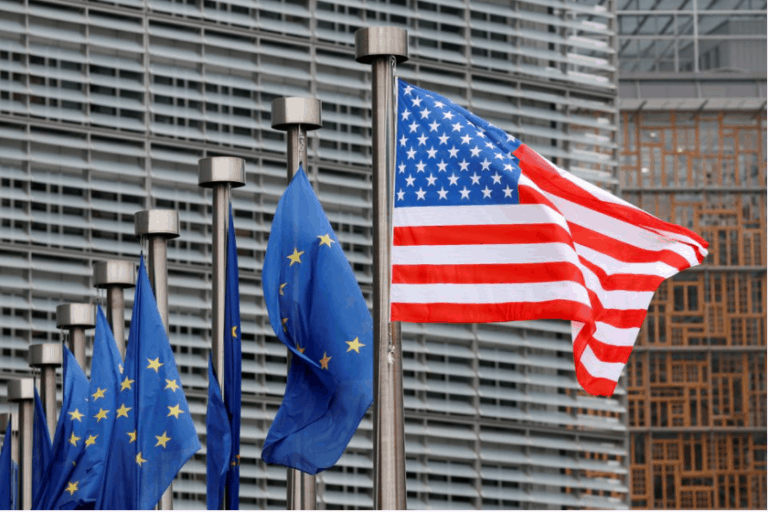The EU’s efforts to curb Silicon Valley using new competition rules are becoming an irritant in the transatlantic relationship. The sentiment follows the two sides’ commitment to deepen tech and trade ties. Senior officials from Washington and Brussels gathered in Pittsburg last month.
The meeting inaugurated the Trade and Tech Council, a high-level initiative that plans to repair the strained relationship, made so by the former American president.
Even as the display shows friendliness on the outside, US officials are increasingly worried about Europe’s plan to regulate Big Tech, which they feel unfairly targets Silicon Valley giants.
The cries of Big Tech
One would argue that the regulations are not unfair and are simply targeting problematic companies. It is not the EU’s fault that they happen to be American. That is not to say that companies from other countries aren’t doing shady and plausibly criminal things.
It just means that the most problematic ones are the ones with the widest reach and the most resources. At the moment, they are American and from the fabled Silicon Valley.
US officials and industry reps warn that the new rules, known as the Digital Markets Act (DMA) could stand in the way of building a common front on everything, including artificial intelligence and chip production, as Chinese competition heats up.
A duplicitous argument
The complaints against the EU all follow the same arguments as if some people are reading a script written by Big Tech. Competing against China will take the cooperation of both the UK and the US but if that is done at the expense of people’s privacy and protection, it won’t count for much except those who gain the most (they also happen to be the very few).
The argument is that the DMA is a departure from the GDPR (seen as more friendly).
At this point, people know that if Big Tech is against it, then it is probably because it is good for users and not profits.
